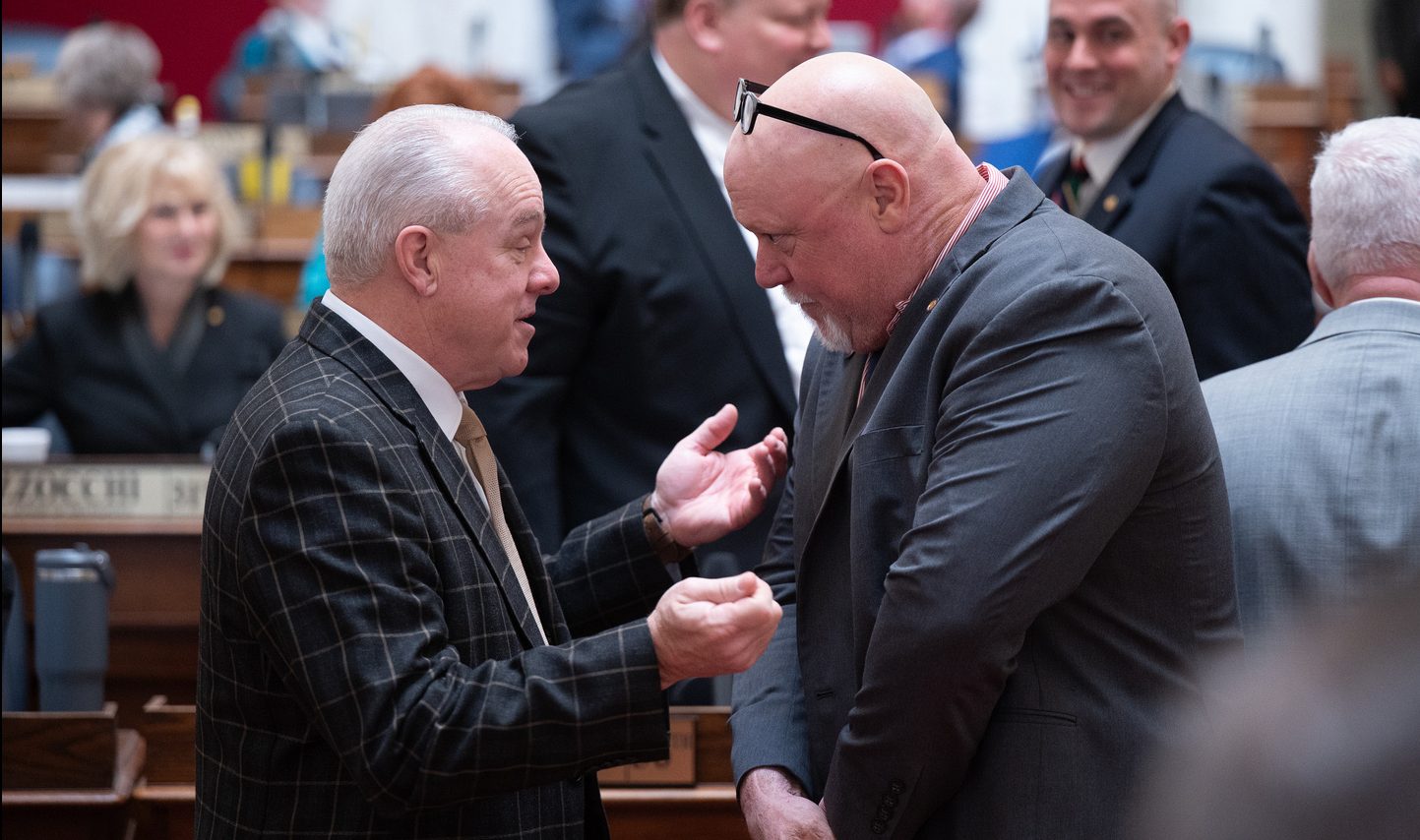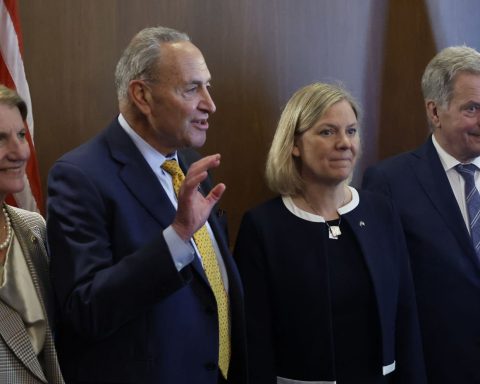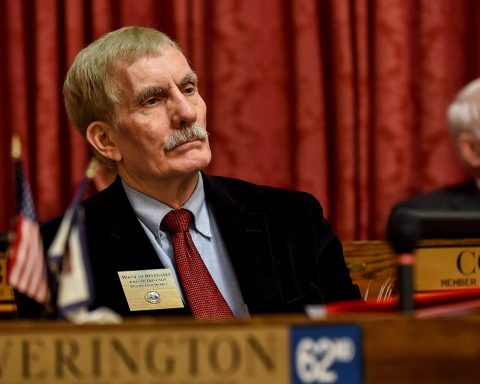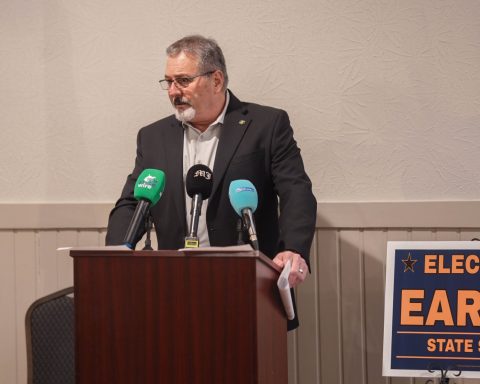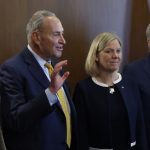This week, the West Virginia House of Delegates voted against Senate Bill 460, a measure sponsored by Senator Laura Chapman (R-1) that sought to introduce religious and philosophical exemptions to the state’s mandatory school vaccination requirements. The bill was defeated with 42 yeas and 56 nays, with Speaker Roger Hanshaw abstaining.
This decision comes shortly after the House had voted to add such exemptions into the bill, aiming to align West Virginia’s vaccination policies with those of 45 other states that permit non-medical exemptions. Currently, West Virginia maintains some of the most stringent vaccination laws in the nation, allowing only medical exemptions for schoolchildren.
A bloc of 47 Republicans, joined Democrat Minority Leader Del. Sean Hornbuckle and House Democrats in voting against the measure, citing the potential public health risks of reducing vaccination rates if they don’t force West Virginia schoolchildren to get vaccinated.
The defeat of SB 460 underscores the ongoing debate between public health priorities and individual rights. Opponents of the bill expressed concerns that introducing non-medical exemptions could lead to decreased vaccination rates and potential outbreaks of preventable diseases. Supporters, however, argued that the bill would have respected personal and religious freedoms, bringing West Virginia’s policies in line with the majority of other states.

